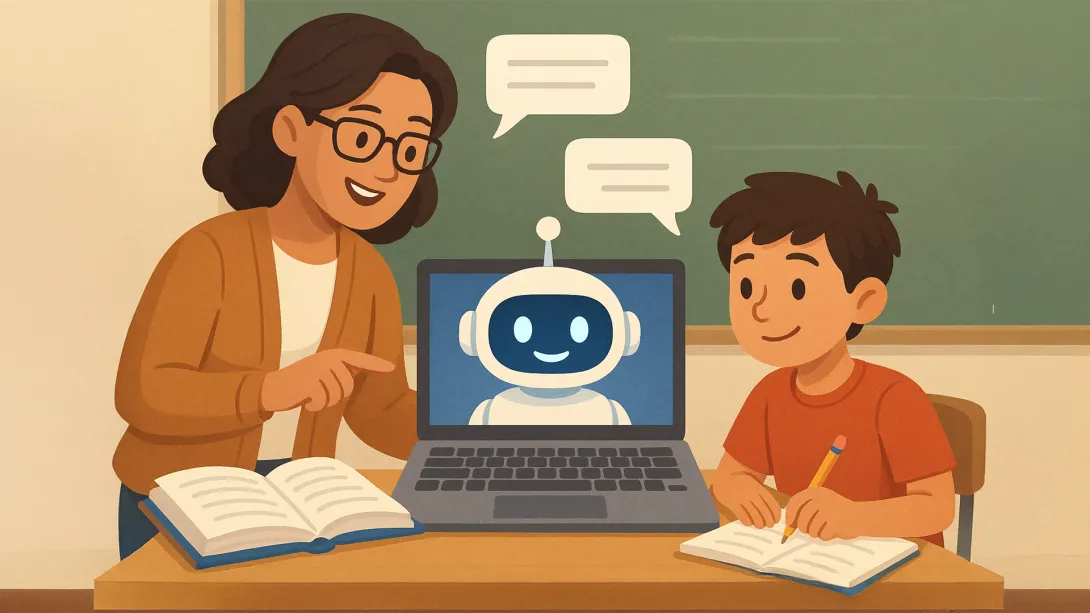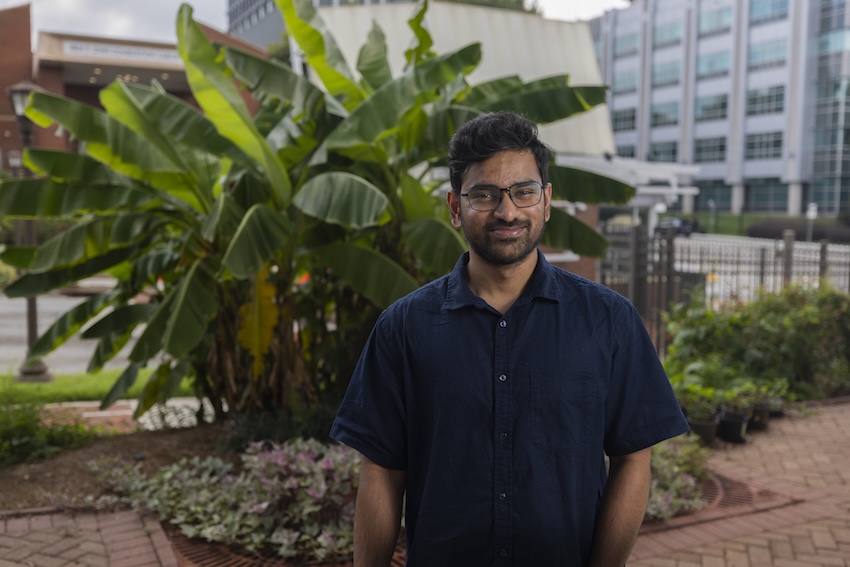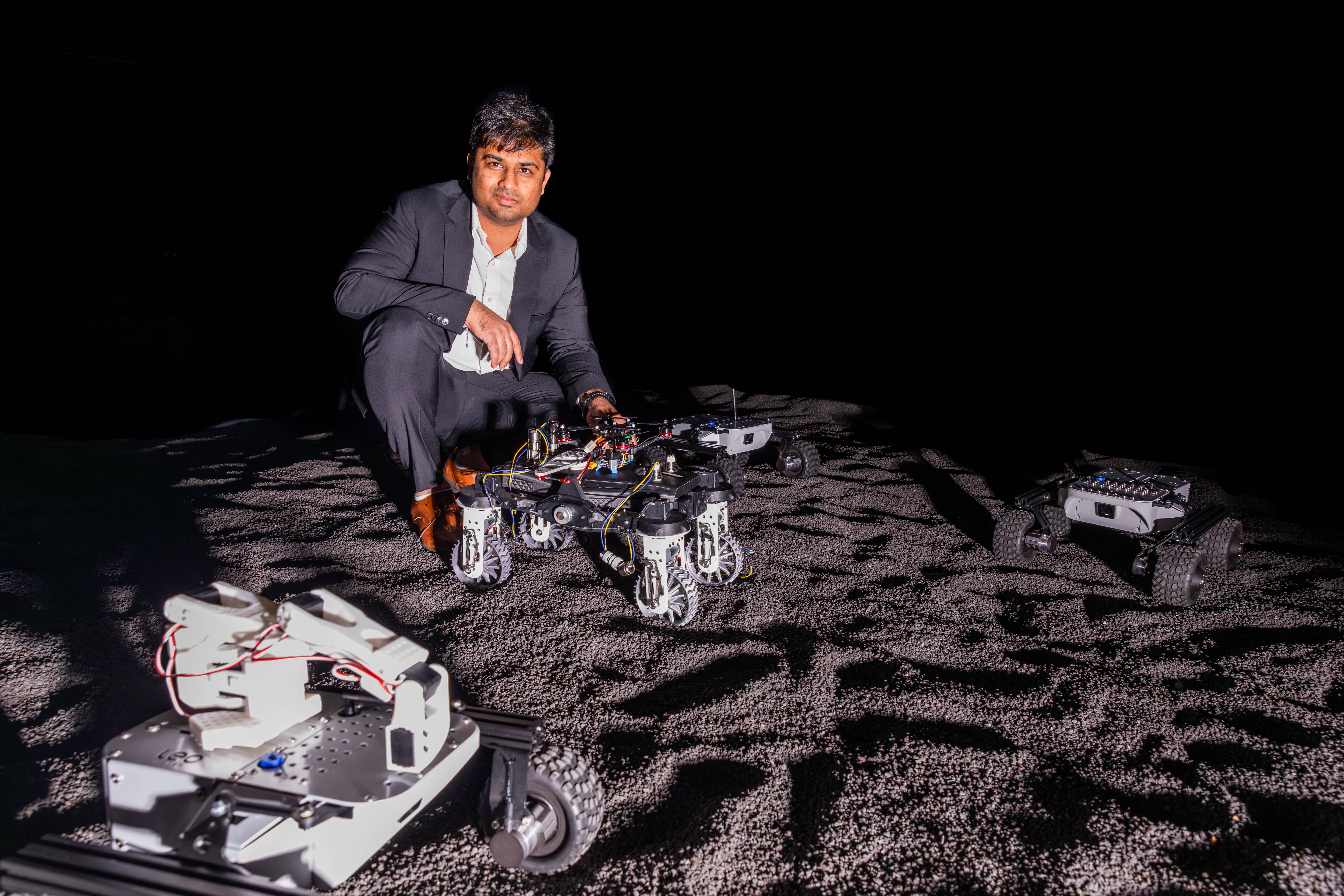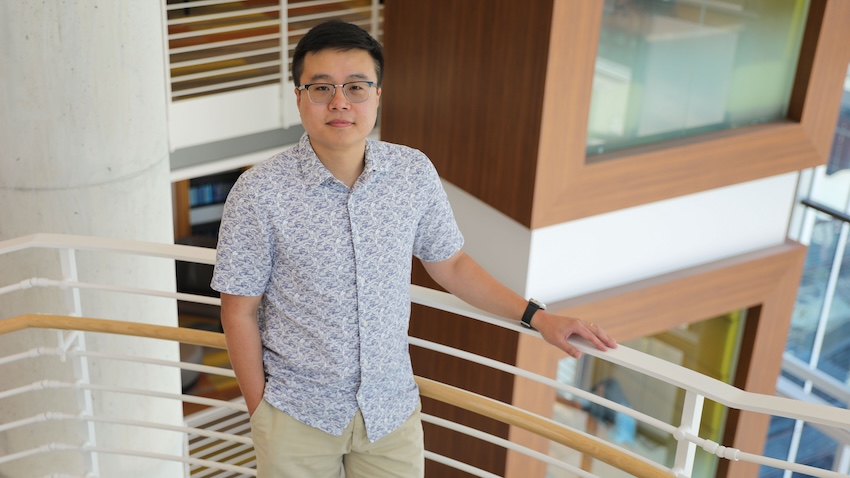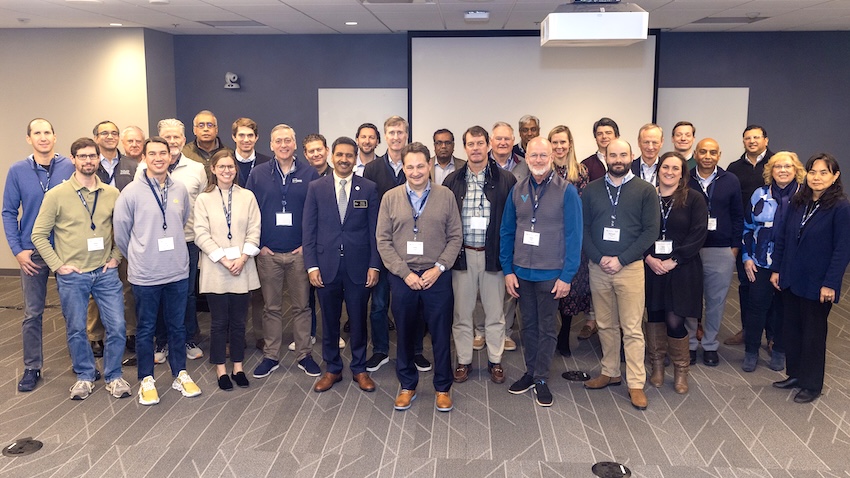Sep. 02, 2025
A new version of Georgia Tech’s virtual teaching assistant, Jill Watson, has demonstrated that artificial intelligence can significantly improve the online classroom experience. Developed by the Design Intelligence Laboratory (DILab) and the U.S. National Science Foundation AI Institute for Adult Learning and Online Education (AI-ALOE), the latest version of Jill Watson integrates OpenAI’s ChatGPT and is outperforming OpenAI’s own assistant in real-world educational settings.
Jill Watson not only answers student questions with high accuracy. It also improves teaching presence and correlates with better academic performance. Researchers believe this is the first documented instance of a chatbot enhancing teaching presence in online learning for adult students.
How Jill Watson Shaped Intelligent Teaching Assistants
First introduced in 2016 using IBM’s Watson platform, Jill Watson was the first AI-powered teaching assistant deployed in real classes. It began by responding to student questions on discussion forums like Piazza using course syllabi and a curated knowledge base of past Q&As. Widely covered by major media outlets including The Chronicle of Higher Education, The Wall Street Journal, and The New York Times, the original Jill pioneered new territory in AI-supported learning.
Subsequent iterations addressed early biases in the training data and transitioned to more flexible platforms like Google’s BERT in 2019, allowing Jill to work across learning management systems such as EdStem and Canvas. With the rise of generative AI, the latest version now uses ChatGPT to engage in extended, context-rich dialogue with students using information drawn directly from courseware, textbooks, video transcripts, and more.
Future of Personalized, AI-Powered Learning
Designed around the Community of Inquiry (CoI) framework, Jill Watson aims to enhance “teaching presence,” one of three key factors in effective online learning, alongside cognitive and social presence. Teaching presence includes both the design of course materials and facilitation of instruction. Jill supports this by providing accurate, personalized answers while reinforcing the structure and goals of the course.
The system architecture includes a preprocessed knowledge base, a MongoDB-powered memory for storing conversation history, and a pipeline that classifies questions, retrieves contextually relevant content, and moderates responses. Jill is built to avoid generating harmful content and only responds when sufficient verified course material is available.
Field-Tested in Georgia and Beyond
The first AI-powered teaching assistant was developed for Georgia Tech’s Online Master of Science in Computer Science (OMSCS) program. By fall 2023, Jill Watson was deployed in Georgia Tech’s OMSCS artificial intelligence course, serving more than 600 students, as well as in an English course at Wiregrass Georgia Technical College, part of the Technical College System of Georgia (TCSG).
A controlled A/B experiment in the OMSCS course allowed researchers to compare outcomes between students with and without access to Jill Watson, even though all students could use ChatGPT. The findings are striking:
- Jill Watson’s accuracy on synthetic test sets ranged from 75% to 97%, depending on the content source. It consistently outperformed OpenAI’s Assistant, which scored around 30%.
- Students with access to Jill Watson showed stronger perceptions of teaching presence, particularly in course design and organization, as well as higher social presence.
- Academic performance also improved slightly: students with Jill saw more A grades (66% vs. 62%) and fewer C grades (3% vs. 7%).
A Smarter, Safer Chatbot
While Jill Watson uses ChatGPT for natural language generation, it restricts outputs to validated course material and verifies each response using textual entailment. According to a study by Taneja et al. (2024), Jill not only delivers more accurate answers than OpenAI’s Assistant but also avoids producing confusing or harmful content at significantly lower rates.
Compared to OpenAI’s Assistant, Jill Watson (ChatGPT) not only achieves higher accuracy but also produces confusing or harmful content at significantly lower rates. Jill Watson answers correctly 78.7% of the time, with only 2.7% of its errors categorized as harmful and 54.0% as confusing. In contrast, OpenAI’s Assistant demonstrates a much lower accuracy of 30.7%, with harmful failures occurring 14.4% of the time and confusing failures rising to 69.2%. Additionally, Jill Watson has a lower retrieval failure rate of 43.2%, compared to 68.3% for the OpenAI Assistant.
What’s Next for Jill
The team plans to expand testing across introductory computing courses at Georgia Tech and technical colleges. They also aim to explore Jill Watson’s potential to improve cognitive presence, particularly critical thinking and concept application. Although quantitative results for cognitive presence are still inconclusive, anecdotal feedback from students has been positive. One OMSCS student wrote:
“The Jill Watson upgrade is a leap forward. With persistent prompting I managed to coax it from explicit knowledge to tacit knowledge. Kudos to the team!”
The researchers also expect Jill to reduce instructional workload by handling routine questions and enabling more focus on complex student needs.
Additionally, AI-ALOE is collaborating with the publishing company John Wiley & Sons, Inc., to develop a Jill Watson virtual teaching assistant for one of their courses, with the instructor and university chosen by Wiley. If successful, this initiative could potentially scale to hundreds or even thousands of classes across the country and around the world, transforming the way students interact with course content and receive support.
A Georgia Tech-Led Collaboration
The Jill Watson project is supported by Georgia Tech, the US National Science Foundation’s AI-ALOE Institute (Grants #2112523 and #2247790), and the Bill & Melinda Gates Foundation.
Core team members are Saptrishi Basu, Jihou Chen, Jake Finnegan, Isaac Lo, JunSoo Park, Ahamad Shapiro and Karan Taneja, under the direction of professor Ashok Goel and Sandeep Kakar. The team works under Beyond Question LLC, an AI-based educational technology startup.
News Contact
Breon Martin

